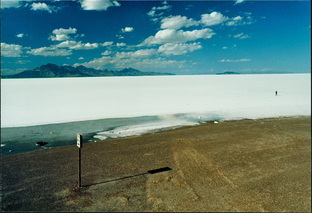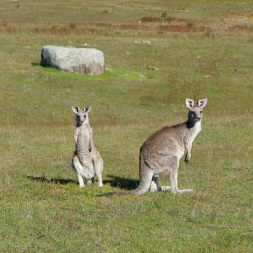



What promotes the long-term survival of life? Knowledge. Health. Progress. Stability. Exploration. Efficiency. Brightness. Abundance. Comfort. Security. Fecundity. Clarity. These are beautiful and good. What threatens the long-term survival of life? Ignorance. Disease. Stagnation. Conflict. Chaos. Isolation. Waste. Darkness. Scarcity. Discomfort. Vulnerability. Barrenness. Obscurity. These are ugly and bad. Objects have many qualities. Depending on the context, focus, and cognitive appraisal of the observer, objects can be either beautiful or ugly. This is why the idea of beauty is objective to general reality, but the beauty of an object is subjective to the specific observer.
Just as morals grow in depth as timespans lengthen, beauty can be said to deepen the more it endures. Even if you believe it is better to burn out than to fade away, those are not the only two choices. Best of all is to burn strongly, providing more and more warmth as the decades or centuries roll by.
So ethics and aesthetics are intrinsically linked and objectively based on what promotes our survival. Once again, the evolutionary perspective yields deep understandings about ourselves and the world we live in. Isn't that a beautiful thing?






